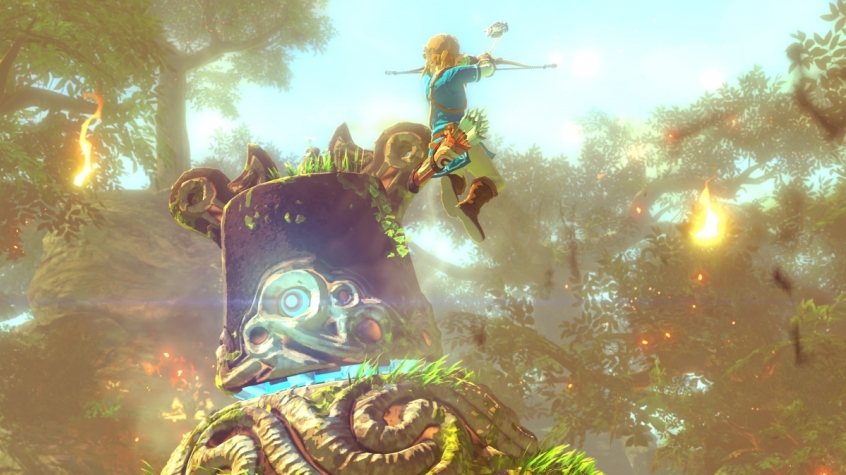
There has been little to no official news regarding "The Legend of Zelda" for Wii U but in a recent issue of Famitsu magazine (via Kotaku), game producer Eiji Aonuma gave a recent update regarding the game's development and what kind of changes the title will introduce to the franchise.
Aonuma did confirm that development is going smoothly, stating that at the time being, he is currently working on all of the in-game dialogues and text, an indication that much of the game is already done. He relates that this was the same task he took on when working on "The Legend of Zelda: Skyward Sword" for the Nintendo Wii.
The producer then likened the game to the highly successful "Legend of Zelda: Ocarina of Time," which many consider as one of the best games of all time and a template for all future 3D "Legend of Zelda" games. According to Aonuma, the upcoming game will once again break the mold and introduce many new elements to the series.
"I think the base of our secret sauce has always been 'Ocarina of Time.' But this time, the change in flavor will be like going from Japanese food to Western style food. Perhaps, players will be surprised," Aonuma explained. "Please look forward to it, because I think we'll be able to make 'something new' like 'Ocarina of Time' was."
While "Ocarina of Time" is indeed critically acclaimed across the board, many criticisms have been thrown at the developers for not distancing themselves from the same formula. This is one of the many reasons why "Legend of Zelda: A Link Between Worlds" was so warmly received since it broke away from this formula and once again focused on player freedom.
Aonuma's statements indicate that the new game will be more akin to games such as "The Elder Scrolls V: Skyrim" and "The Witcher 3," which were both open-world action-RPGs made by Western developers. Going for this sort of design may put a higher focus on open-world exploration instead of traditional linear puzzle designs.













